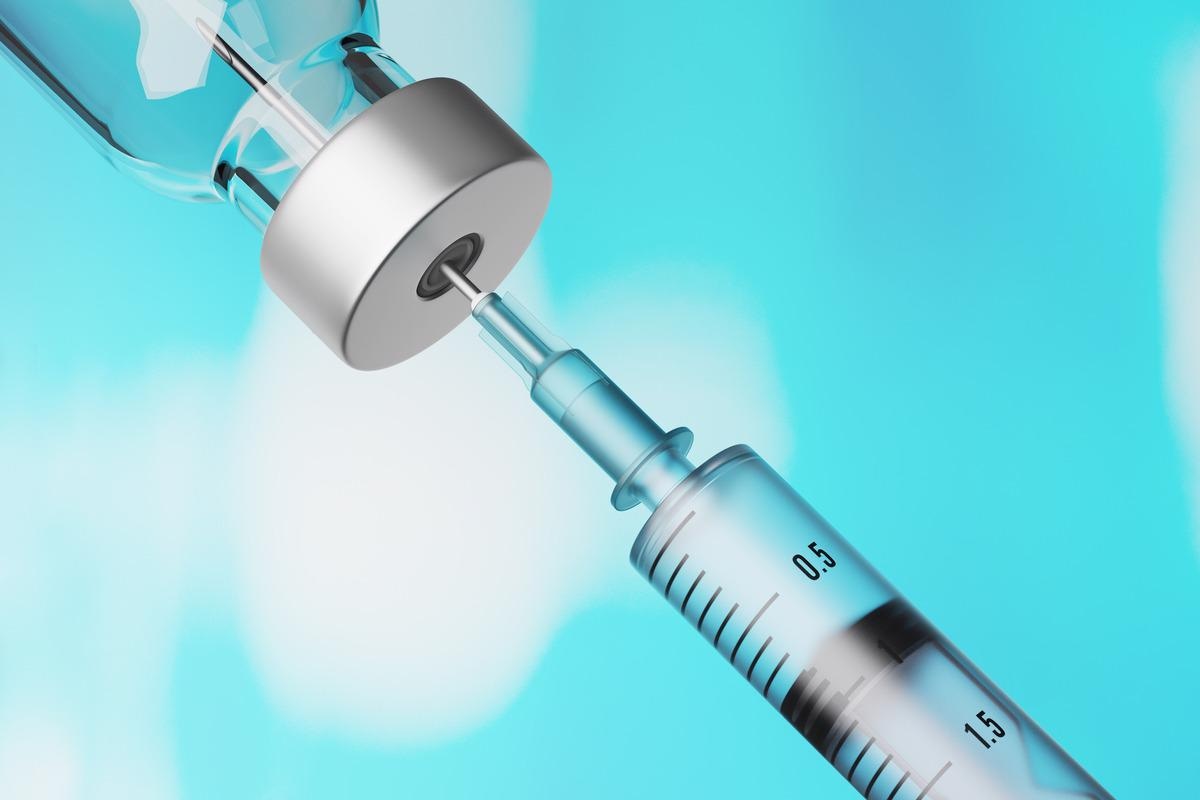In a recent study published in the Morbidity and Mortality Weekly Report, a team of researchers from the United States (US) performed a case-control study to evaluate the effectiveness of severe acute respiratory syndrome coronavirus 2 (SARS-CoV-2) messenger ribonucleic acid (mRNA) vaccines.
Study: Effectiveness of mRNA Vaccination in Preventing COVID-19–Associated Invasive Mechanical Ventilation and Death — United States, March 2021–January 2022. Image Credit: spaxiax/Shutterstock
The researchers measured the efficacy of mRNA vaccines against coronavirus disease 2019 (COVID-19)-induced invasive mechanical ventilation (IMV) and in-hospital mortality in adult patients.
Background
In the US, almost 1 million SARS-CoV-2-related deaths have occurred as of March 2022, predominantly in unvaccinated patients. SARS-CoV-2 mRNA vaccines – Pfizer-BioNTech BNT162b2 and Moderna mRNA-1273 – were effective in ameliorating COVID-19-associated hospitalizations, life-threatening outcomes, and deaths. However, the efficacy of mRNA vaccines to protect against COVID-19-associated most severe complications or hospitalizations including use of IMV or death is unknown.
In this study, the researchers considered previous COVID-19 vaccination status (two or three doses) in COVID-19 case-patients who were on IMV or those who died within 28 days of hospitalization and compared with COVID-19-negative control hospitalized patients .
Study design
In this study, the authors included adult patients hospitalized at 21 US medical centers between March 11, 2021, to January 24, 2022. Surveillance data for this case-control study was collected from influenza and other viruses in the acutely ill (IVY) network . Case-patients included hospitalized adults with COVID-19-related illness and who tested SARS-CoV-2 positive through nucleic acid amplification test (NAAT). The enrollment of the case-patients included only those who have received IMV or died. While control patients included hospitalized adult patients with or without SARS-CoV-2-associated illness and a negative NAAT test.
COVID-19 vaccination status was retrieved from hospital electronic medical records, state registry data, record cards for vaccination, and self-reports. Pearson’s chi-square for categorical variables compared demographic and clinical features between vaccinated and unvaccinated COVID-19 case-patients. Logistic regression calculated vaccine effectiveness (VE) by comparing previous mRNA vaccination odds (two or three doses) in COVID-19-case patients exposed with IMV or death in hospital as compared to control patients.
The variant dominant period was determined by using whole-genome sequencing of samples collected in the IVY network. The authors performed an additional sensitivity analysis by restriction of COVID-19 negative controls with those who have received IMV or died within 28 days of admission.
findings
The findings of the study demonstrated that among the patients studied, 19% were COVID-19 case-patients exposed to IMV, mortality, or both and 81% were negative controls.
Vaccinated case-patients were older (median age 69) as compared to unvaccinated case-patients (median age 55). Further 11% vaccinated case-patients had more probability to live in a long-term facility compared to 2% unvaccinated case-patients. Around 44% of vaccinated case-patients had more probability of hospitalization in the previous year compared to 22% unvaccinated patients and 40% of the vaccinated patients were likely to have immunocompromised conditions compared to 10% unvaccinated patients.
The findings of the study demonstrated that across the surveillance period, mRNA vaccine showed 90% VE against COVID-19-related IMV or mortality. This was similar to 91% VE for IMV only and 88% in-hospital death. Moreover, in COVID-19 test-negative control patients, the mRNA vaccine showed 86% VE for patients with IMV or those who died.
Over the entire study duration, recipients who received the second vaccination dose showed 92% VE post 14-150 days of second dose administration and 84% VE at more than 150 days post-vaccination.
Notably, among recipients administered with three vaccine doses, VE was 94%. In immunocompetent adults, VE for two or three vaccine doses was 98%. Intriguingly, VE was 74% (lowest) in immunocompromised patients. During the SARS-CoV-2 Omicron surge, VE for IMV or in-hospital mortality, for two and three vaccine dose recipients were 79% and 94%, respectively.
Conclusion
The findings of the study demonstrated that the administration of two or three doses of COVID-19 mRNA vaccine in adults elicited 90% overall protection against COVID-19-related IMV or deaths. The majority of vaccinated patients who developed COVID-19-related IMV or died in hospital were elderly population with underlying immunosuppression conditions.
The study confirmed the highly protective efficacy of mRNA COVID-19 vaccines against severe complications and deaths by different SARS-CoV-2 variants in the adult population. The authors highly recommended vaccination of all eligible persons and stressed staying up to date with current information regarding COVID-19 vaccination.

